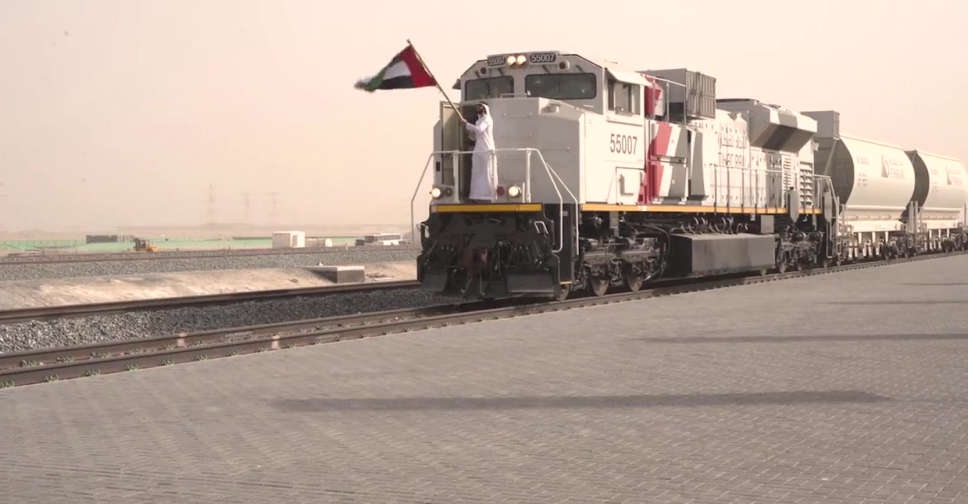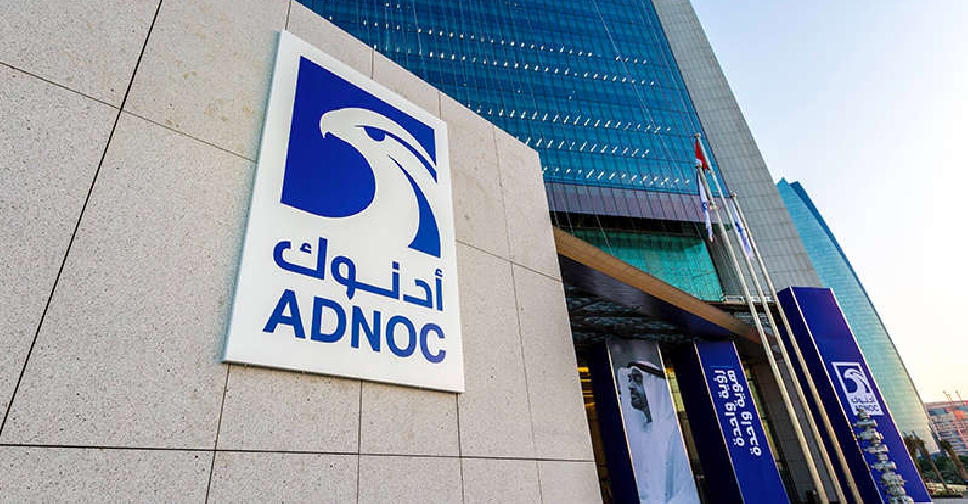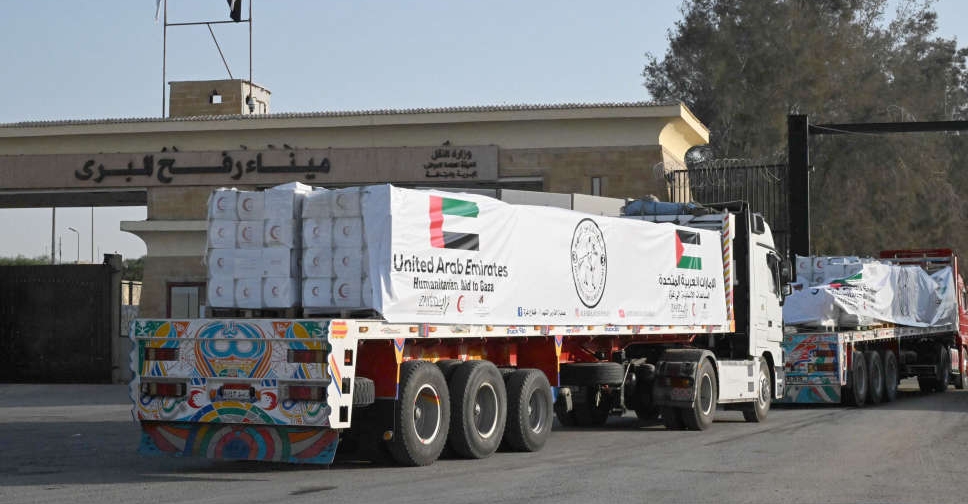
The Etihad Rail has set a new milestone by connecting its main line with the UAE's largest inland freight railway terminal, which is taking shape in the Industrial City of Abu Dhabi (ICAD) in Musaffah.
The new terminal is planned to be a logistics hub for heavy industries, and will span more than 2.7 million square feet when complete.
It will handle more than 20 million tonnes of cargo per year by linking Abu Dhabi with various industrial centres and import and export points.
The development is part of Stage Two of the UAE’s national railway network, which extends from the borders of Saudi Arabia to the port of Fujairah, passing through key manufacturing hubs and urban centres.
"This milestone brings us closer to achieving our goal of providing an integrated transport system that connects the industrial and manufacturing centres with freight terminals and ports across the emirates. The strategic location of the ICAD railway freight terminal will also drive value for all our customers as it is the largest indoor railway freight terminal in the UAE," said Mohammed Al Marzouqi, Executive Director of Rail Relations Sector at Etihad Rail.
"We are proud of this achievement, which supports our efforts to encourage companies to restructure their logistical operations and opt for rail logistics solutions, thereby cutting costs, increasing efficiency, and providing safer transportation of goods," he added.
The new railway freight terminal at will comprise over 22 buildings and major structures to support operations, processing up to nine trains each day.
It will facilitate the distribution of goods across the GCC and the UAE, where it will connect quarries in the northern emirates to industrial centres in the Musaffah area, in addition to connecting Ruwais, Khalifa Port and the container companies in Dubai within Jebel Ali Port.
The containers will be hauled by rail to and from other freight facilities following a road journey to the end-user location.
Operating 24 hours a day, seven days a week, the terminal will offer a range of competitive advantages for businesses, at the highest levels of efficiency in terms of transport costs and sustainability.

 ADNOC awards manufacturing contracts worth $196.2M
ADNOC awards manufacturing contracts worth $196.2M
 Emirates profit hits record AED9.7b in first corporate tax year
Emirates profit hits record AED9.7b in first corporate tax year
 China stocks fall as investors brace for Trump presidency
China stocks fall as investors brace for Trump presidency
 UAE and Australia sign major economic agreement
UAE and Australia sign major economic agreement
 Lulu's IPO raises AED6.32b, share price set at AED2.04
Lulu's IPO raises AED6.32b, share price set at AED2.04




